Understanding various charges is crucial for smooth operations when navigating the complexities of international shipping. One such charge is the Inland Haulage Charge (IHC), a key component that impacts shipping costs. IHC full form in shipping, stands for Inland Haulage Charges, which refer to the cost of transporting goods from the port to a warehouse, rail terminal, or another inland destination. This charge is essential for ensuring your cargo reaches the point of destination efficiently and on time.
Understanding the intricacies of IHC is essential for optimizing your shipping strategy. It helps you make accurate decisions that align with your budget and timelines. This guide clearly states IHC’s meaning, its role in the shipping process, and why it’s important to factor this charge into your logistics planning. You’ll be better equipped to manage your shipping costs and ensure smooth delivery operations.
What is the Role of Inland Haulage Charges (IHC)?
Inland Haulage Charges (IHC) are crucial in the logistics and transportation sector, particularly in international trade. These charges are often overlooked but are vital in ensuring that goods are efficiently transported from ports to inland destinations or vice versa.
Here’s the role of Inland Haulage Charges (IHC):
- Covers Inland Transportation Costs: IHC covers the expenses of transporting goods from the port to an inland destination, such as a warehouse or distribution center.
- Ensures Efficient Cargo Movement: IHC facilitates the smooth movement of goods within the supply chain, helping prevent delivery delays.
- Minimizes Logistical Disruptions: Proper management of IHC reduces the risk of logistical challenges that could disrupt supply chain operations.
- Aids in Budgeting and Financial Planning: Understanding and accounting for IHC helps accurately predict total shipping costs, aid in financial planning, and avoid unexpected expenses.
- Enhances Operational Efficiency: Efficient handling of IHC contributes to the smoothness of shipping operations, improving both cost-effectiveness and customer satisfaction.
Details of Inland Haulage Charges
Various factors influence Inland Haulage Charges (IHC), and specific norms guide their calculation. Understanding these details is crucial for managing shipping costs effectively and ensuring you’re not caught off guard by unexpected fees. Here’s a closer look at the components that make up IHC.
- Cost Factors: The cost of IHC is primarily determined by several key factors:
- Distance: The longer the distance from the port to the inland destination, the higher the IHC.
- Type of Goods: Different goods may require specialized handling or equipment, affecting the overall charge.
- Vehicle Type: The transportation choice, whether by truck, rail, or another vehicle, also impacts the cost. Specialized vehicles or those with larger capacities generally incur higher charges.
- Weight of Cargo: IHC charges also vary depending on the weight of the cargo. Heavier shipments typically incur higher costs due to the increased fuel consumption and wear on transportation vehicles. The charges will also fluctuate depending on the shipping line chosen.
- Average Cost Norms: IHC often follows standard industry charges based on distance (per mile) or weight (per tonne). These norms provide a baseline for calculating costs, though actual charges may vary depending on specific circumstances.
- Minimum Fees: IHC typically includes a minimum fee that applies regardless of the load size. This ensures the transportation service remains profitable even when moving more miniature goods.
- Collection Method: IHC is usually collected by the shipping line while issuing critical documents like the Bill of Lading or the Delivery Order. This method streamlines the payment process, handling all related charges simultaneously.
When do Inland Haulage Charges Apply?
Inland Haulage Charges (IHC) apply whenever goods are transported inland, either from the port to a destination or from a location to the port. These charges are relevant when cargo must move beyond the port’s boundaries to reach its final destination or where goods must be transported to the port for export. IHC is a crucial aspect of logistics, ensuring that all segments of the journey—from the port to the inland destination or vice versa—are accounted for in terms of costs.
For instance, when importing commercial vehicles, IHC would cover the transportation costs from the port where the vehicles arrive to the dealer’s showroom or distribution center. Similarly, during the relocation of heavy equipment for a construction project, IHC would apply to the movement of these goods from the port to the project site, ensuring that the equipment is delivered safely and on time.
An example of this could be a company shipping goods from Delhi to New York. The cargo would first need to be transported from an inland location in Delhi to the Mundra sea port. IHC would cover the cost of moving the shipment from Delhi to Mundra, where it will then be loaded onto a vessel for onward shipment to New York. This inland transport is crucial to ensuring the goods reach the port for international shipment.
To navigate the complexities of Inland Haulage Charges and ensure that all associated costs are effectively managed, it’s wise to consult with experienced freight forwarding companies like Intoglo. The expertise can help you better understand the significance of these charges and how to optimize your shipping strategy for cost efficiency and smooth operations.
Contact for a free consultation with Intoglo.
Exemptions from Inland Haulage Charges
In certain scenarios, exemptions from Inland Haulage Charges (IHC) may apply, allowing shippers to reduce costs under specific conditions. Understanding these exemptions can help optimize logistics planning and budget allocation.
- Mode of Transport: The mode of transport is a key factor in determining the cost of IHC. Rail haulage is generally more cost-effective than truck haulage, especially for longer distances or bulk shipments. While outright exemptions may not always apply, choosing the right transport method, such as rail over trucks, can lead to significant cost reductions in inland transportation.
- Special Agreements: Large-volume shippers often have the leverage to negotiate special terms with shipping companies. These agreements may include exemptions or reductions in IHC for frequent or bulk shipments, enabling cost savings for businesses that regularly transport significant quantities of goods.
Use of IHC for Infrastructure
The revenue generated from Inland Haulage Charges is often reinvested into infrastructure, contributing to improving transportation networks.
- Road Improvements: A portion of the IHC revenue is allocated to road development projects. This investment helps build and upgrade crucial roads for efficient transportation, ensuring smoother and faster movement of goods from ports to inland destinations.
- Maintenance: Regular maintenance of transportation routes is essential for ensuring safe and efficient logistics. The funds collected through IHC are also used to maintain existing infrastructure, including repairing roads, bridges, and other critical elements of the transportation network. This ultimately leads to better and more reliable routes for shippers.
Understanding these exemptions and the reinvestment of IHC into infrastructure highlights the importance of strategic planning in logistics. By consulting with an experienced freight forwarding company like Intoglo, you can better navigate these nuances and optimize your shipping operations.
Collection and Determination of Inland Haulage Charges
Inland Haulage Charges (IHC) are carefully determined based on the logistics of transporting goods to and from ports. They are collected at specific points depending on whether the shipment is for export or import. Knowing when and where these charges apply is essential for managing shipping costs effectively.
- Export Shipments: The port of origin typically collects the IHC for exported goods. This charge covers transporting the goods from their initial location, such as a warehouse or factory, to the port where they will be shipped. The IHC for export shipments is determined by factors like the distance from the origin to the port, the type of goods being shipped, and the mode of transport used.
- Import Shipments: The port of destination collects IHC for import shipments. This charge encompasses the cost of moving goods from the port to their final inland destination, such as a distribution center or end customer. The calculation of IHC for imports similarly depends on factors like distance, the nature of the cargo, and the type of vehicle used for transport.
By understanding when and where IHC is collected, businesses can better anticipate and manage their shipping expenses, ensuring that their logistics operations are not surprised.
Comparing IHC and THC
Here’s a comparison of Inland Haulage Charges (IHC) and Terminal Handling Charges (THC):
| Aspect | Inland Haulage Charges (IHC) | Terminal Handling Charges (THC) |
| Definition | Charges for transporting goods between the port and an inland destination or origin. | Charges for handling goods at the port, including loading, unloading, and storage. |
| Role | Covers the overland transportation of cargo. | Covers services provided by the port for handling cargo. |
| Context of Application | Applies when goods are moved to or from an inland location relative to a port. | Applies specifically at the port for the handling of cargo. |
| Cost Determinants | – Distance between port and inland destination- Type of goods- Vehicle type used for transportation | – Port regulations- Cargo volume and weight- Port equipment and labor involved in handling |
Strategies to Manage and Reduce Inland Haulage Charges (IHC)
Managing and reducing Inland Haulage Charges (IHC) can significantly impact your shipping budget and logistics efficiency. Here are some key strategies that can help you minimize these costs:
- Optimize Routes: Efficient routing is one of the most effective ways to reduce IHC. By planning the most direct and cost-effective routes, you can minimize the distance your goods need to travel, thereby lowering transportation costs. Technology and logistics software can assist in determining the optimum routes, taking into consideration factors such as traffic, road conditions, and fuel consumption.
- Negotiate Terms: Negotiating better rates with your shipping partners can lead to substantial savings on IHC. It is particularly effective if you are a large-volume shipper or have long-term agreements with your logistics providers. By leveraging your shipping volume, you can often secure more favorable rates, reducing the overall cost of inland haulage.
For transparent quotations with detailed cost breakdowns and clear terms and conditions, partnering with a reliable provider like Intoglo can ensure that you have complete clarity and control over your shipping expenses.
- Leverage Multimodal Solutions: Combining different transportation modes, such as rail, road, and waterways, can provide cost advantages. Multimodal solutions allow you to choose the most efficient and cost-effective modes for different journey segments. For instance, rail transport might be cheaper over longer distances, while road transport may be more flexible for last-mile delivery.
- Develop In-House Capabilities: Building in-house logistics capabilities can enhance your control over the supply chain, allowing for better cost management. By investing in your transportation fleet or developing a dedicated logistics team, you can reduce dependence on third-party providers and better manage IHC. This strategy allows more flexibility in adjusting routes and schedules to optimize costs.
Implementing these strategies can help you manage and reduce IHC effectively, leading to more efficient and cost-effective shipping operations.
Conclusion
Understanding Inland Haulage Charges (IHC) is crucial for international shipping. These charges significantly impact the cost of moving goods from ports to inland destinations or vice versa. By grasping the intricacies of IHC, including how they are calculated and when they apply, you can better manage your logistics operations, avoid unexpected costs, and ensure timely deliveries. Whether it’s optimizing routes, negotiating favorable terms, or leveraging multimodal solutions, effective management of IHC is key to maintaining cost efficiency in your shipping processes.
It’s essential to work with a knowledgeable partner to navigate the complexities of IHC and ensure your shipping operations run smoothly. Intoglo offers a comprehensive understanding of these charges, backed by dedicated CHAs (Customs House Agents) at all major ports, exclusive CFS (Container Freight Station) space at all key ports, and ICDs (Inland Container Depots) in PAN India and USA.
Our expertise can help you streamline your logistics, providing transparent cost breakdowns and unambiguous terms. Connect with Intoglo today to discuss how to optimize your shipping operations and gain better control over your international shipping expenses.


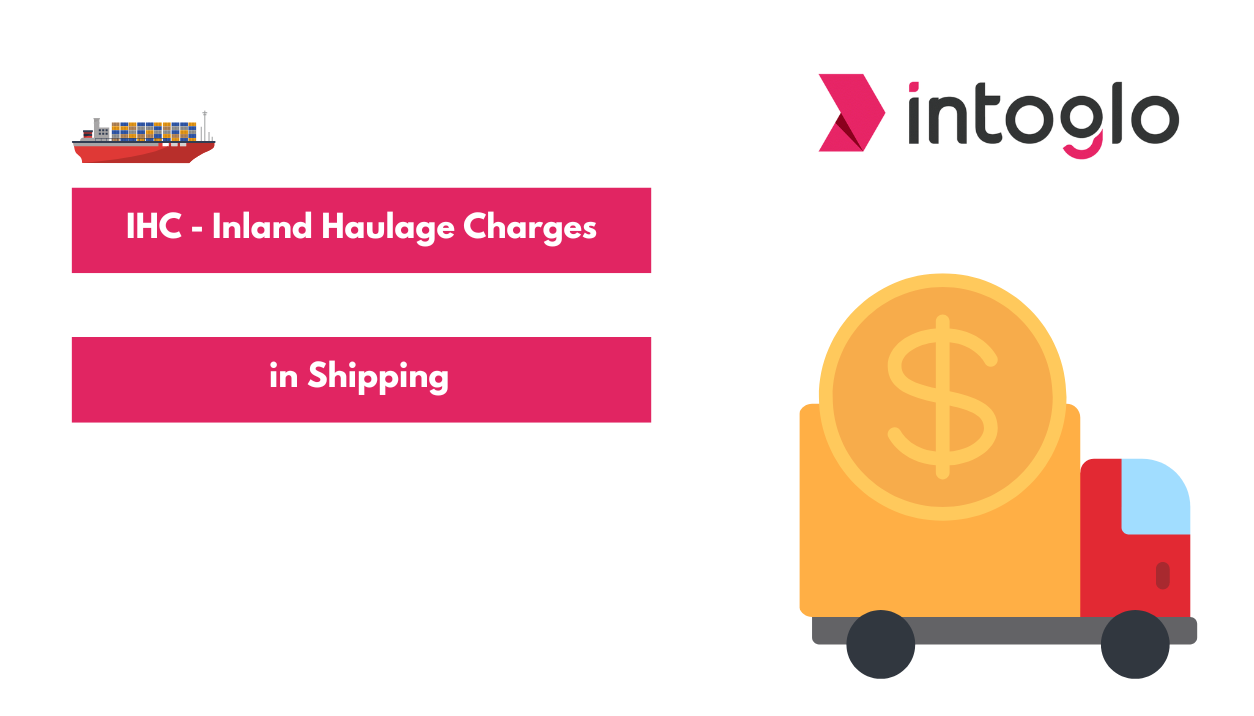
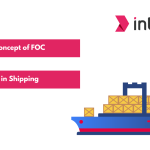
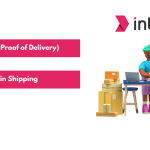
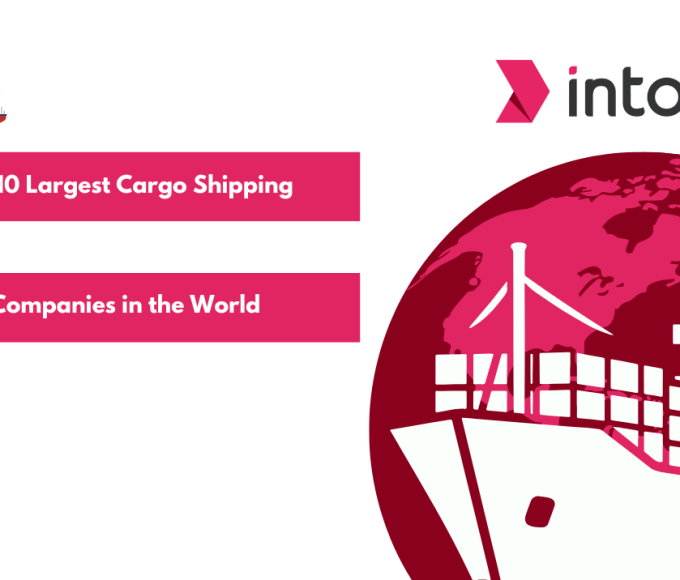
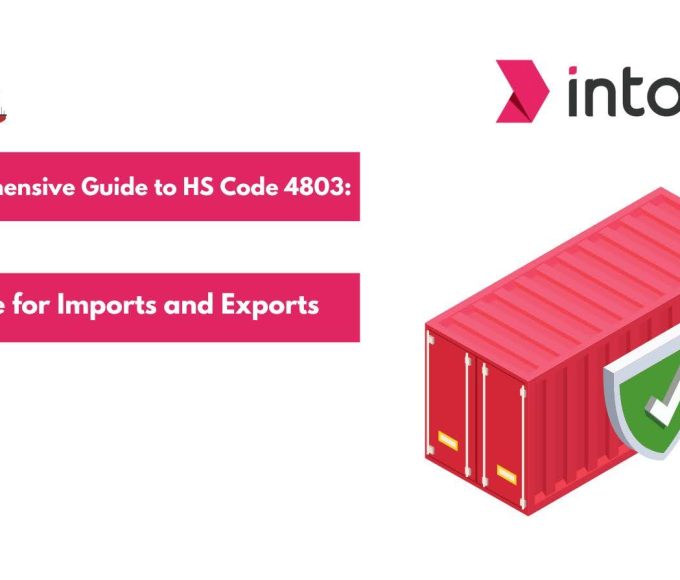
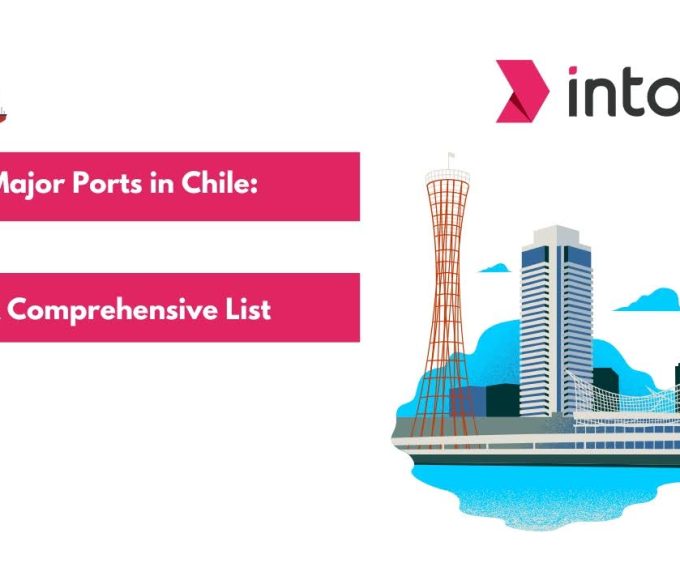
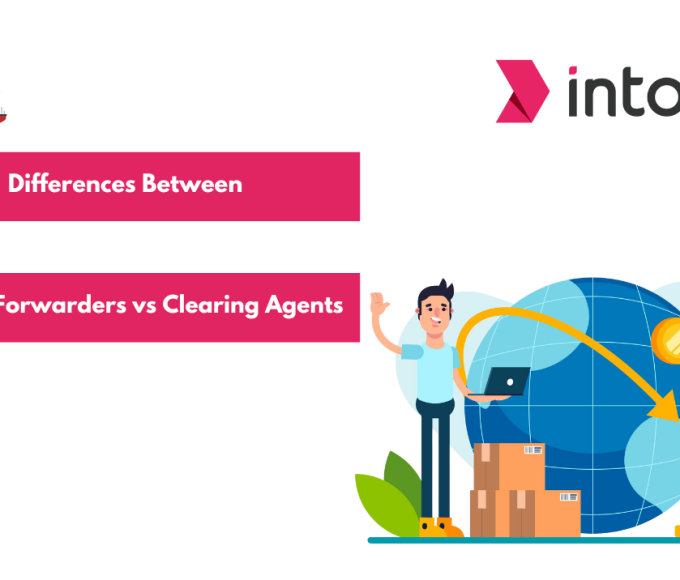
Leave a comment